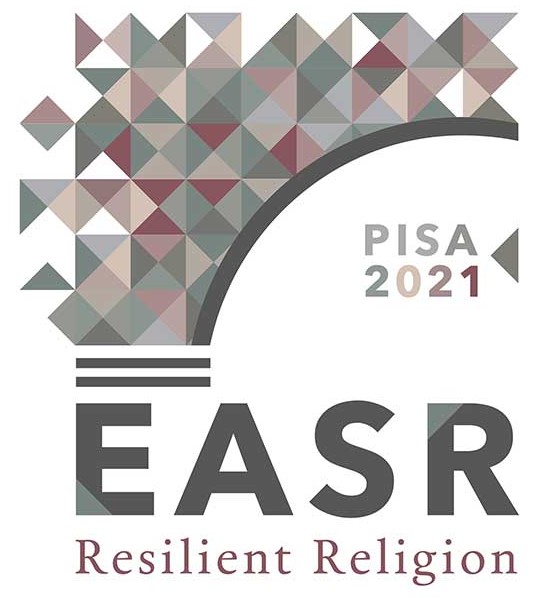Embodiment in Religious Resilience
The panel aims to explore Religious Resilience from the perspective of Embodiment, starting from the latest theories about the influence of embodied knowledge and practices on religions. This approach aims to consider religious processes through their entire physical context, including not just bodily states, but also environmental, social, ritual and daily experiences connected with religious framework. In this perspective, the body is considered not only as a symbolic field that reflects or re-produces prevailing values and ideas; it is also a site of resistance to, and transformation of, imposed meanings. Indeed, if different forms of religious beliefs and practices represent a powerful tool for coping with critical situations, embodied religious processes appear to be a productive field of investigation as they allow us to address the issue of Resilience from the perspective of ritual behavior, physical habits, environmental conditions. Religious Resilience is also significant during periods of crisis or turning points of religious history: with their extreme “doctrinal sensitivity” and involvement of the social actors in religious conflicts and confrontations, they appear as specific and productive frameworks to investigate through the lens of Embodiment. As a consequence, this panel will take into account socio-cultural changes which represent a peculiar context of expression for different forms of religious experiences in transformation, reaction and resistance processes.
Among the lines of enquiry that might be undertaken are the following:
- The sensory involvement of cult leaders and/or environments;
- The importance of memory practice of religious education;
- The physical actions related to ritual practices;
- The bodily perception and representation of conversion;
- The persistence of prohibited or dissident ritual or physical habits in contexts of religious uniformity;
- The bodily stigmatization of religious dissent;
- The competition and coexistence around sacred places;
- The practical implication of religious repressions;
- The use of metaphors in embodied knowledge to convey religious ideas and doctrinal elaborations.
Papers are welcome from scholars dealing with different periods and cultural contexts, up to the present day, as well as with different academic backgrounds in all fields involved (e.g. History, Archaeology, Religious Studies, Anthropology, Sociology), in order to promote a multidisciplinary approach and cross-cultural dialogue.
Tessa Canella: tessa.canella@uniroma1.it
Sergio Botta: sergio.botta@uniroma1.it
